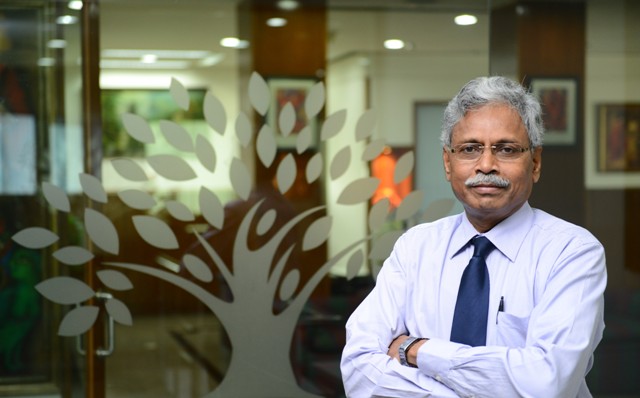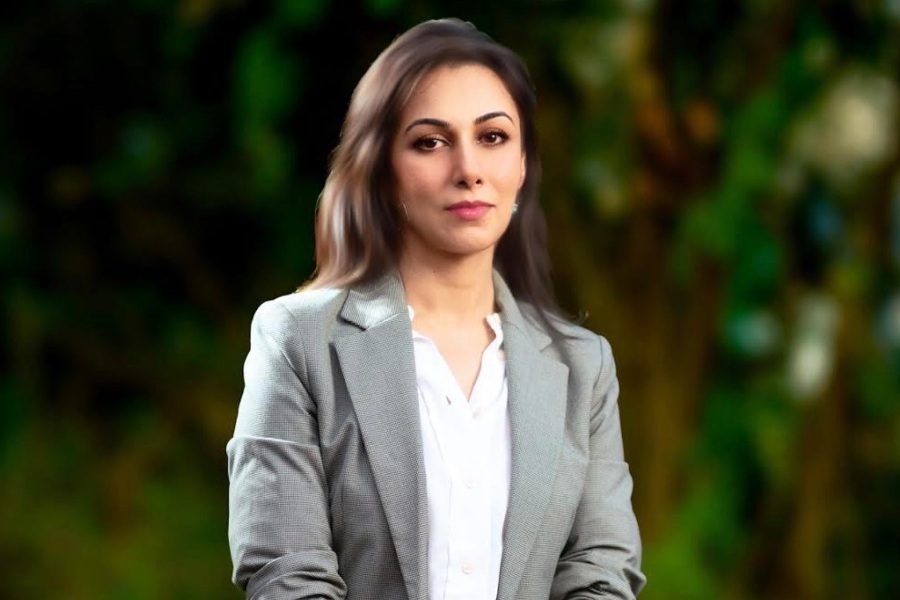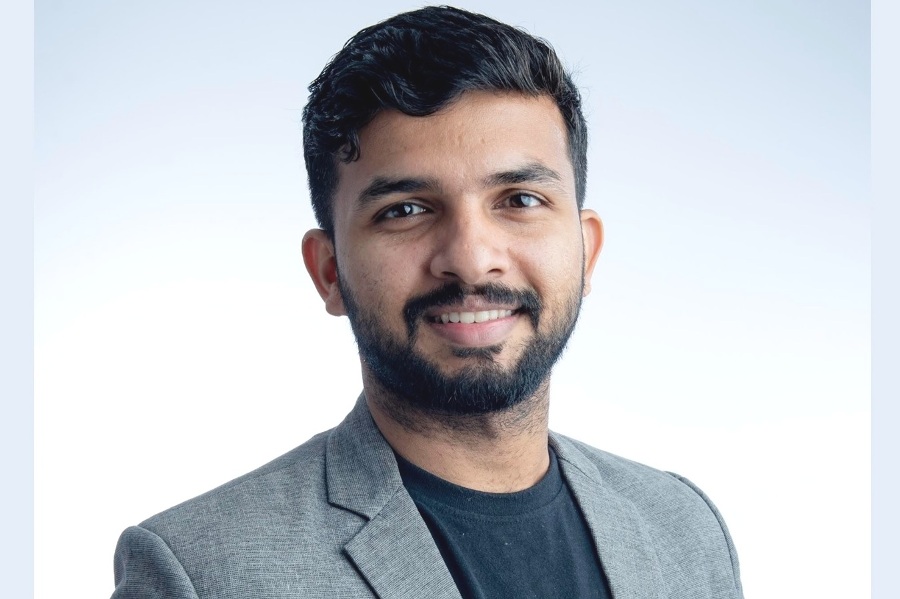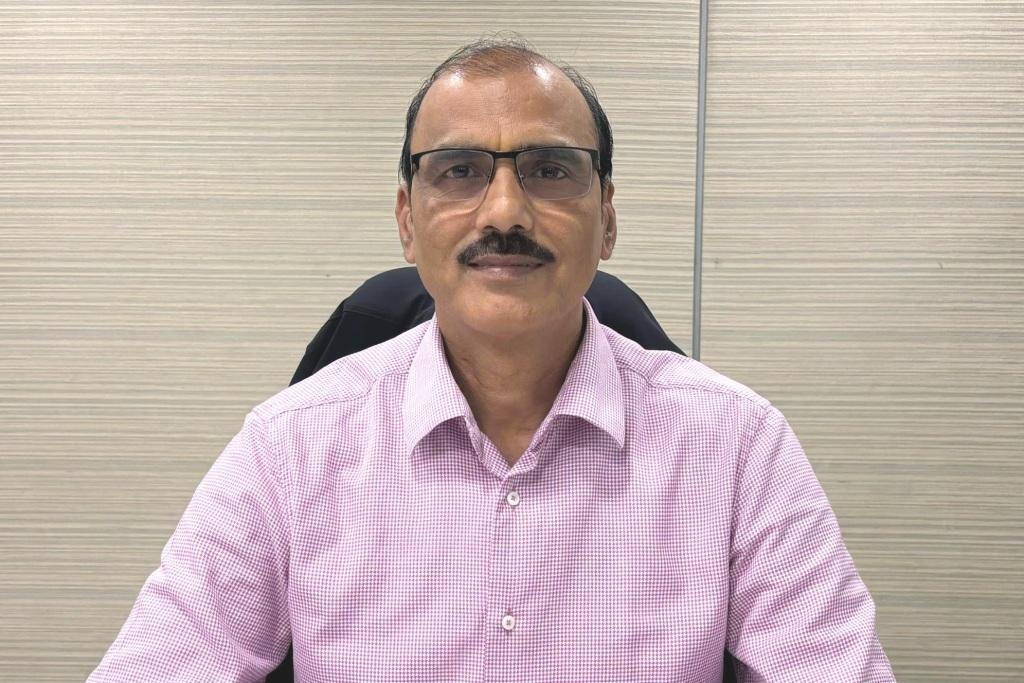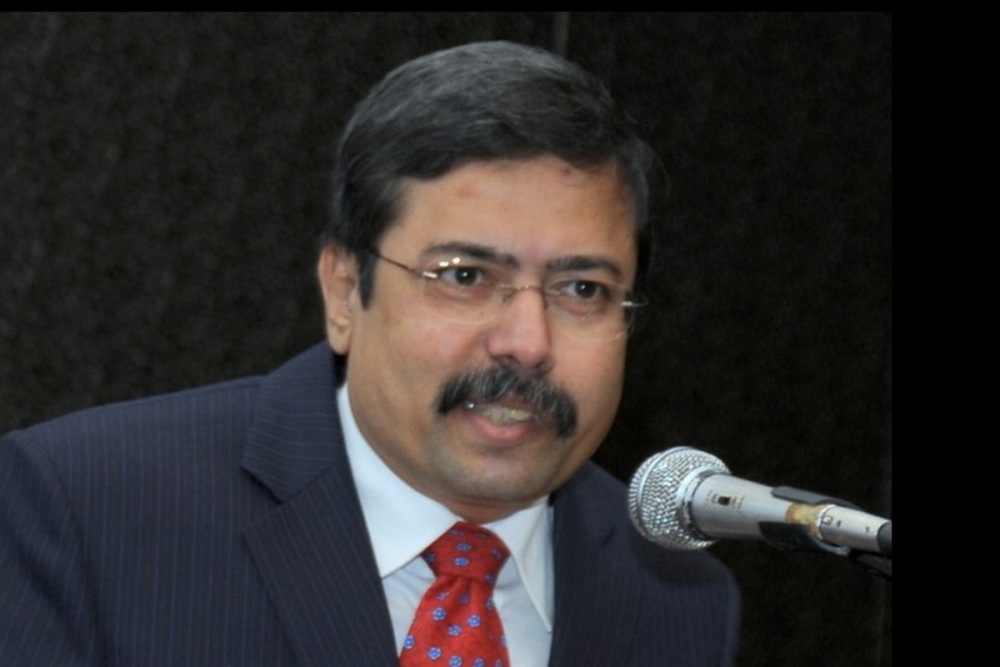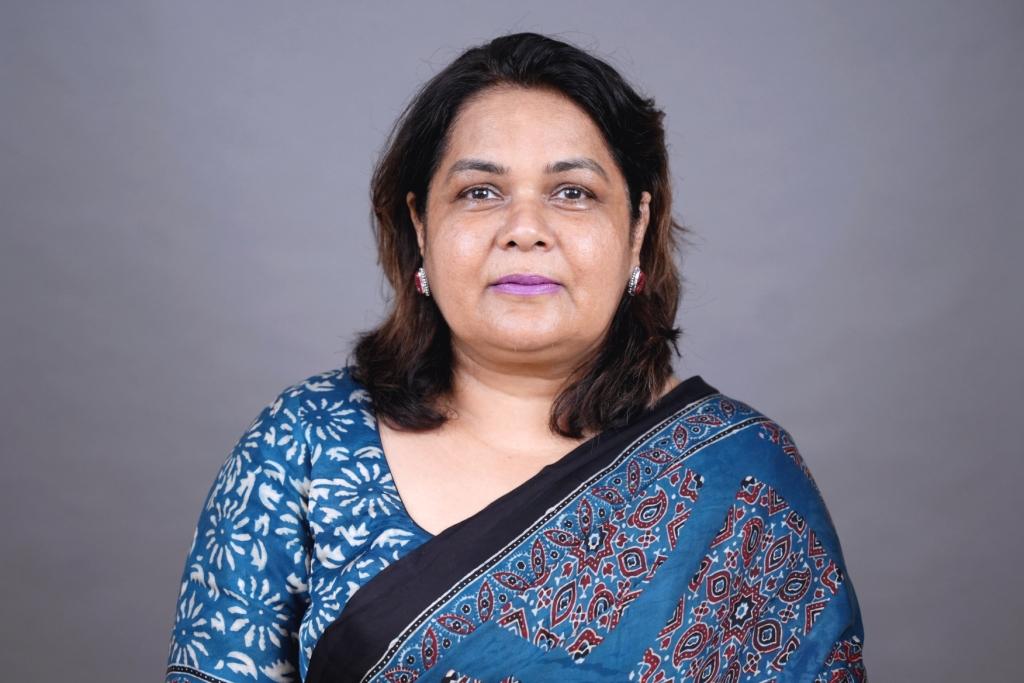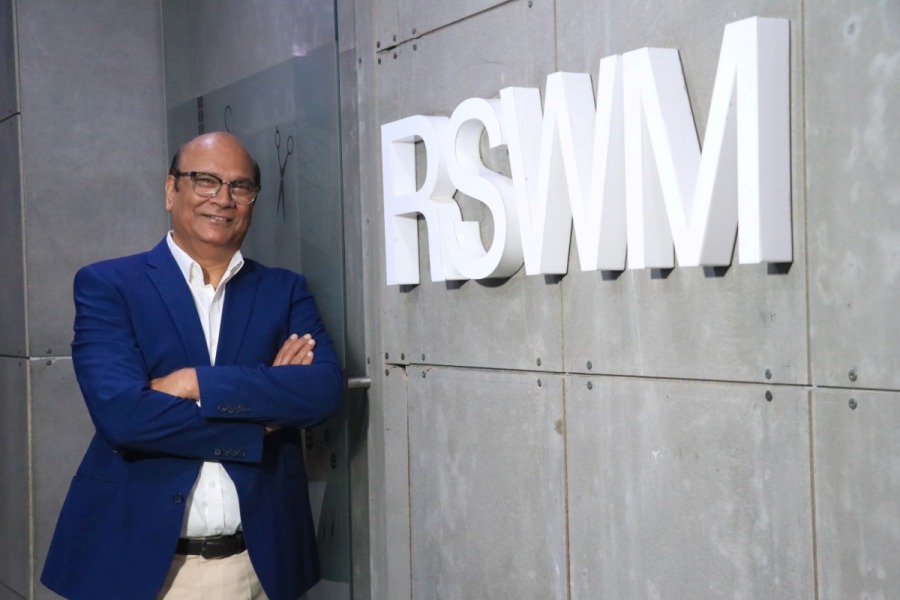Dabur India spent close to Rs 28 Crore on various Corporate Social Responsibility (CSR) activities in 2019-20. The CSR budget for the India’s leading FMCG company in Ayurvedic medicine and natural consumer products, has further gone up this year with special focus on COVID relief initiatives.
In this interview with TheCSRUnvierse, Dabur India CSR Head A Sudhakar talks about the company’s CSR vision, its CSR focus, company’s new CSR initiatives after the COVID outbreak and future plans. He also speaks on CSR sustainability, effective implementation of CSR projects,CSR laws and the changes that need to make it more effective and much more…
Scroll down to read the full interview:
Interview Highlight
- At Dabur, CSR is a natural extension of our vision to ensure Health and Well-Being of every household.
- To make CSR projects successful and sustainable, it should be planned with active participation of the community. No initiative, whether it’s in the healthcare space or in sanitation or even skill development, should be offered as charity.
- One of the key changes that we feel should be incorporated in CSR laws is to allow companies spending more than the 2% on CSR in a year, to carry forward the additional spend to the next fiscal.
- For effective implementation of CSR projects, the implementation agencies should have a strong connection with the community members. Without this, the agencies would not be able to mobilise them and roll out targeted development programmes.
Interview with Mr. A Sudhakar, Head-CSR, Dabur India
Q: Dabur group is among the top organisations leading CSR activities in India. You had a massive CSR budget of Rs 28 Cr in 2019-20. What drives your CSR thoughts at Dabur?
A: ‘What is that life worth which cannot bring comfort to others.’ This noble thought of the Dabur founder Dr. S K Burman has been the guiding principle behind Dabur India’s CSR initiatives. For an organization that was built on the foundation of offering holistic health and well-being to all, community development means building an inclusive society by helping to improve the well-being of the community and enabling them to prosper. We have been engaged in community development activities since 1994, long before the regulations came into force.
Dabur strives for a positive impact in the communities where we operate. For us, business success and community development are inseparable. At Dabur, CSR is a natural extension of our vision to ensure Health and Well-Being of every household. Our CSR strategy recognizes the importance of responsible growth and reflects our desire to be a respected and trusted neighbour in the communities where we operate.
Our community outreach initiatives have been developed keeping in mind the specific needs of the communities that we operate within. Our aim is to build long-lasting, collaborative relationships with our local communities, that build trust and understanding on both sides. At Dabur, we have a well-structured CSR Policy, which is also a declaration of our intent to contribute to creating a better and self-reliant society.
Q: What are the key focus areas of your CSR activities?
A: At Dabur, we have a well-structured CSR Policy, which is also a declaration of our intent to contribute to creating a better and self-reliant society. In this policy, the four key areas where we pay special attention while preparing development programmes are:
- Eradicating Hunger, Poverty and Malnutrition
- Promoting Preventive Healthcare
- Ensuring Environmental Sustainability
- Promotion of Education
This year, with the COVID outbreak, we added a new focus area with activities aimed at assisting in the relief work being undertaken by the Government. The new focus area included for this year is: COVID Relief Support
Q: How has your CSR programme implementation been affected due to COVID pandemic?
A: With the onset of COVID and the resultant lockdown, most of our ongoing community development initiatives, like school infrastructure development, skill development training, and non-formal education centres etc had to be stopped in view of the social distancing norms and in larger public interest. With COVID emerging as one of the biggest crises all of mankind has faced in the recent times, we also shifted our focus to fighting COVID. We were, in fact, amongst the first companies to pledge our support to fighting COVID-19.
The pandemic has thrown economies out of gear, disrupted lives and livelihood like never before. At Dabur, we have pledged support towards India’s fight against the COVID-19 pandemic by lending a hand to the Government’s efforts to endure the social and economic impacts of the Coronavirus pandemic as well as protecting vulnerable populations by enabling access to food and essential supplies. With the rapid spread of the outbreak, Dabur realigned its CSR strategy and immediately commenced activities aimed at providing relief to COVID patients, frontline Police, Health and Sanitation workers, migrant workers and community members during these unprecedented times.
Q: What were your specific initiatives related to COVID relief?
A: The Dabur Group established a ‘Dabur Care Fund for COVID-19’, to protect lives and livelihood, and support those affected by the COVID-19 pandemic. We have further earmarked a fund of Rs 21 Crore towards Relief efforts in 2020-21, helping meet immediate needs of those most affected by this pandemic.
Dabur’s COVID support initiatives include the following
- Supporting the 10,000-bed COVID Centre
- Mobile COVID-Testing Van
- Protective Kits for frontline Police Personnel
- Immunity and Nutrition support to Communities and Migrant Workers
- Hygiene and Safety Kits for Communities
Q: What are the new measures and initiatives you are taking to continue your CSR activities while adhering to the COVID protocols?
A: In the run-up to recommencing our CSR activities in rural India, we have undertaken a host of measures, which includes running awareness sessions with our teams and also with the community to educate them about safety protocols to be followed and social distancing norms to be followed while undertaking any development initiative.
As I mentioned earlier, we have trained the women trainers and SHG members engaged in stitching-tailoring on preparing face masks. We support these women by way of procuring the cloth required for preparing the masks and also provide financial support for the same. These face masks are distributed free of cost to community members and school children in the villages. They are also educated about the need to wash hands and protect themselves from viruses.
With the schools now preparing to reopen after the lockdown, we have started fumigating and sanitising the school building and premises to ensure that our children study in a safe environment. Proper social distancing norms and safety, sanitation guidelines have also been put in place in the non-formal education and skill development centres being operated by us before restarting these centres.
Q: What is the budget outlay for your CSR activities in the financial year 2020-21?
A: We follow the 2% norm fixed by the government for annual CSR spends. As per this norm, the total CSR spend for the year is expected to be around Rs 29 Crore.
Q: The CSR has fundamentally changed after the CSR was made mandatory by Companies Act 2013. What are your thoughts on CSR laws in India?
A: Dabur had commenced its community development initiatives way back in 1994, almost 20 years before the CSR norms were put in place by the government. Most of the development activities that we were operating before the CSR rules were framed, coincidentally, were aligned to the new rules. So, we didn’t face any issues per se. In fact, the rules gave us a chance to further expand the scope of our development activities by including newer areas of operations.
Q: What can be the changes in the current CSR law/provisions that can help corporates in being more productive and effective in implementation of their CSR activities?
A: One of the key changes that we feel should be incorporated is to allow Companies spending more than the 2% on CSR in a year, to carry forward the additional spend to the next fiscal. While this amendment has already been announced by the government, it is yet to come into effect.
Q: What are your expectations from your CSR implementation agencies/partners in today’s changing scenario?
A: The biggest ask is that the implementation agencies should know the communities where they operate, their sensitivities and specific needs. Unless they have built a strong connect with the community members, the agencies would not be able to mobilise them and roll out targeted development programmes.
Q: What are your suggestions and message to your corporate colleagues on building a strong CSR environment in the country?
A: CSR initiatives should always be launched as a participatory programme and not as charity. This is what we follow at Dabur. To begin with, initiatives should be planned with the active participation of the community members and keeping their specific needs in mind. And no initiative, whether it’s in the healthcare space or in sanitation or even skill development, should be offered as charity.
At Dabur, we charge a one-time nominal charge of Rs 10 from community members for accessing the health services for one month. This ensures that they do not take these services for granted, which is often the case when it is offered free of cost.
Similarly, we ask the households to contribute a nominal amount towards construction of toilets in their households or for undergoing training at our various skill development centres. This way there is complete participation from the beneficiaries and ensure that these initiatives are sustainable.




